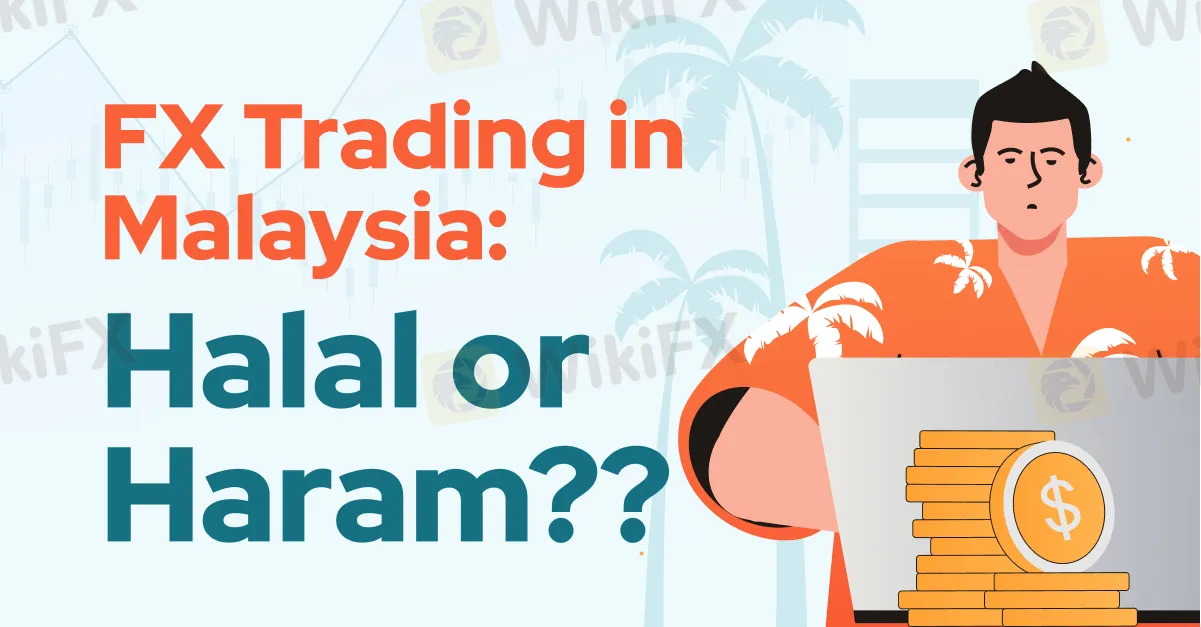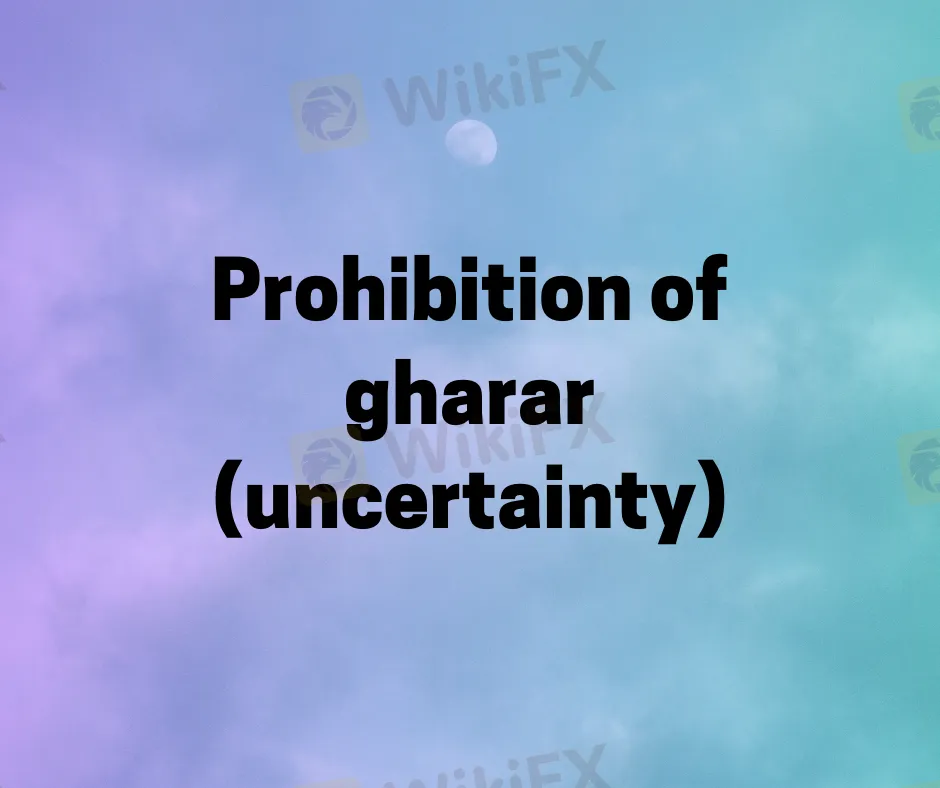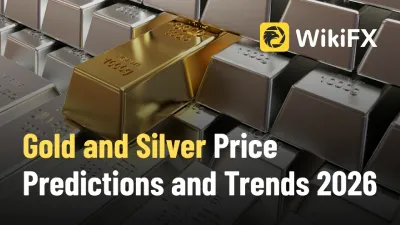Gold and Silver Price Predictions and Trends 2026
Gold and Silver Forecast 2026 offers expert predictions, price insights, and market analysis to help shape your investment decisions.
简体中文
繁體中文
English
Pусский
日本語
ภาษาไทย
Tiếng Việt
Bahasa Indonesia
Español
हिन्दी
Filippiiniläinen
Français
Deutsch
Português
Türkçe
한국어
العربية
Abstract:For Muslim investors in Malaysia, a pivotal query looms large: does forex trading align with the tenets of halal or haram as per Islamic regulations?

Over the past few years, on a global scale, forex trading has emerged as a potentially lucrative avenue for investment. However, a pivotal query for Muslim investors in Malaysia looms large: does forex trading align with the tenets of halal or haram as per Islamic regulations? This article explores this intricate matter, aiming to ascertain whether trading forex in Malaysia can be deemed halal.
The forex market is a ubiquitous stage for the exchange of foreign currencies. In this fluid arena, currency valuations are constantly in flux, providing a fertile ground for forex investors to capitalize on the disparities in currency pair prices. Facilitating this dynamic, forex brokers function as intermediaries, transmitting trades into the vast global market, thus granting traders the potential for rapid gains. In return for their services, brokers reap profits from the spread, a minute fraction embodying the difference between currency purchase and sale rates.
Guided by the tenets of Shariah law, Islamic finance unfurls a set of distinctive principles governing financial transactions, etched to uphold ethical and moral standards. Two fundamental precepts germane to forex trading within this framework are:

This edict unequivocally shuns all forms of interest, casting a shadow over practices involving fixed returns, which are perceived as inequitable and exploitative. The intricate contours of riba have engendered much deliberation; however, numerous aspects of forex trading, such as broker commissions and swaps that entail interest components, are entangled within this ambit.

Islamic finance, vigilant against contracts marred by excessive ambiguity, underscores the potential for deception and inequity. This edict chiefly encompasses forward, futures, and options contracts that bear significant obscurity, especially those entailing transactions set for the future.
Within the realm of scholarly discourse, advocates contend that forex spot trading, centred on real-time currency exchange, resonates with the ethos of Islamic law. This stance posits the parity of currency exchange without the taint of interest. Furthermore, forex trading assumes a bona fide economic function, facilitating individuals and businesses in safeguarding against currency fluctuations and participating in global commerce. Some scholars advocate for the permissibility of a modest, reasonable spread fee that aids trade facilitation while adhering to Islamic principles.
The prohibition of maysir, occasionally paralleled with gambling, is an element that enters the discourse surrounding forex in Islamic finance. However, the association of forex trading with gambling is tenuous. Diverse factors, spanning consequential economic and geopolitical events to intricate financial indicators, weave the intricate tapestry of foreign exchange price movements. Investors are tasked with discerningly evaluating this labyrinthine weave through the prisms of fundamental and technical analysis to engender informed financial choices.
Within the Malaysian context, the halal classification of forex trading is tethered to brokers' provision of Islamic accounts. These accounts, devoid of commissions or swaps, safeguard against entanglement in interest-related matters, thus aligning with the mandate against gharar, or excessive uncertainty, laid out by Islamic finance principles.

Disclaimer:
The views in this article only represent the author's personal views, and do not constitute investment advice on this platform. This platform does not guarantee the accuracy, completeness and timeliness of the information in the article, and will not be liable for any loss caused by the use of or reliance on the information in the article.

Gold and Silver Forecast 2026 offers expert predictions, price insights, and market analysis to help shape your investment decisions.

Cent vs Standard account explained — compare lot sizes, risks, and benefits to find the right forex trading account for your goals.

Is TigerWit a scam? Review of revoked licenses, unregulated status, MT4 claims, WikiFX complaints & trader withdrawal risks. Hundreds of traders are questioning whether TigerWit is safe in 2025.

[Dec 2025, Dubai] Trade W announces its Official Global Trading Partnership with Wolverhampton Wanderers FC for the 2025/2026 Premier League season, marking a major milestone in the company’s long term brand expansion strategy.
